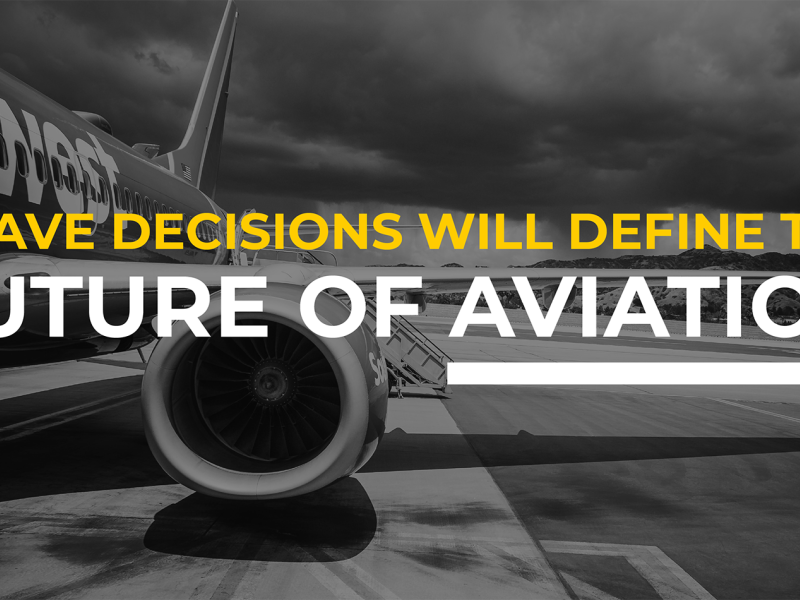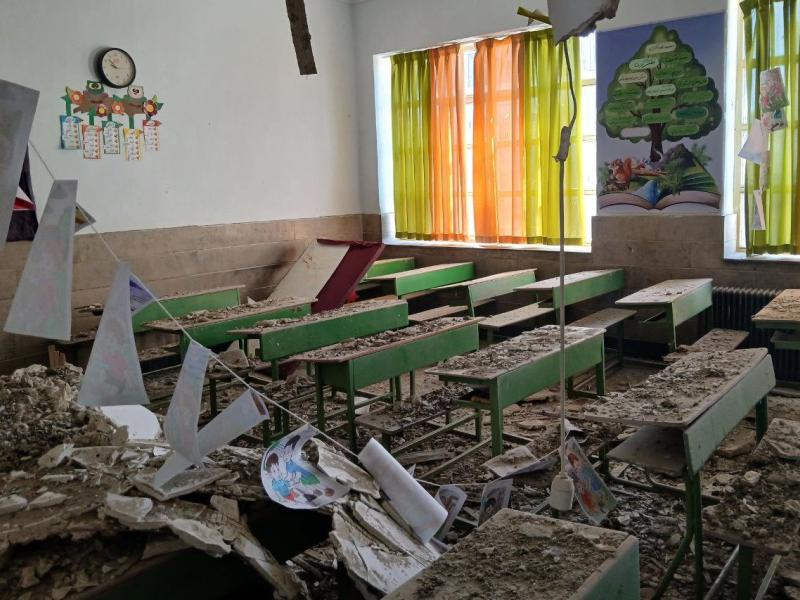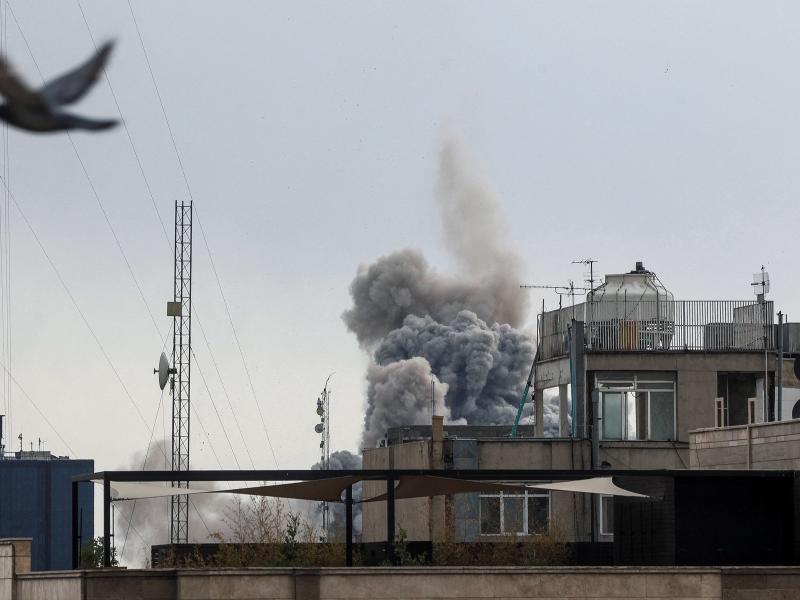Aviation is fighting for its survival during the coronavirus (Covid-19) pandemic. It cannot win this fight on its own. We must make bold decisions today that will define the future of the industry and the lives of millions of passengers and aviation workers.
The aviation industry directly employs an estimated 10.2 million people worldwide. The broader supply chains and related sectors that service or rely on the aviation sector support 65.5 million jobs.
Flight capacity has already fallen by over 40%. Three months of restrictions with a gradual recovery later in 2020 could cost airlines $252 billion, a 44% fall of passenger revenue from 2019.
This crisis is built on many of the problems that have hurt the industry for decades, namely:
- Oversupply of low-cost flights
- Deregulation and consolidation
- The subcontracting and fragmentation of labour
- Prioritisation of shareholder rewards and executive pay
- Worsening pay, conditions and health and safety
Aviation will be at the heart of the economic and social recovery from the pandemic. As the only truly global transportation system, it moves whole sectors of the economy and many aspects of global trade. Millions of workers in the aviation supply chain will need to quickly return to work to meet returning demand. We must sustain, protect and enrich aviation employment today to rebuild the economy and society tomorrow.
Aviation is dependent on long-term planning. Years before the demand for extra capacity is realised, pilots, cabin crew and all workers must be trained, fleets upgraded and infrastructure built. Decisions and commitments made today may seem overambitious but will likely be remembered as modest, functional and necessary.
Failure to properly invest and financially secure the industry during this crisis also endangers the battle against climate change that will follow the crisis. New fleets can reduce carbon emissions by 40%. We need vital investment in the future of the industry and our climate today.
Government leadership, built on close cooperation with employers and trade unions, is the only solution to this challenge.
The ITF calls upon governments to negotiate with trade unions to:
1. Recognise aviation as a public good that warrants strong government, regulation and oversight, planning, investment, and where appropriate, public ownership;
2. Establish and enforce a minimum level of transport connectivity, use ‘travel bans’ only as a last resort, and exclude air cargo operations from any travel restrictions;
3. Establish national tripartite aviation bodies of labour, government and employer representatives to develop strategies, coordinate investment and financial responses, plan the supply of labour, and oversee all aviation operations;
4. Immediately extend sick leave entitlements, maintain incomes and extend social protections to all workers, including formal, precarious and informal workers, regardless of their employment status;
5. Reduce subcontracting and outsourcing of airport services and jobs and, where appropriate, mandate airport authorities to directly manage and/or employ all airport staff, including outsourced and agency workers, in ground handling, security, cleaning and all airport services;
6. Prioritise use of airports for airlines with higher levels of public ownership to improve the financial sustainability of public assets;
7. Offer conditional financial relief and support packages to airlines, airport authorities and supply chain companies, including through debt relief, delays to tax and duties, and public ownership of shares;
8. Agree conditions, if they are not already in place, for these financial and support packages, including on the private repurchase of shares following the recovery of the industry, that:
- Protects the pay, terms, conditions and welfare of all aviation workers;
- Prohibits share repurchases, shareholder rewards and excessive executive pay;
- Democratises ownership and governance, including through worker representation on the company board;
- Respects International Labor Organization (ILO) Conventions regarding freedom of association, collective bargaining, forced labour, discrimination, and occupational health and safety for all workers;
9. Cap profit levels to ensure reinvestment into debt reduction, fleet modernisation, staff training and education and other measures that enrich the company; and,
10. Prohibit shareholder rewards, excessive executive pay and share repurchases during the crisis.
The ITF calls upon aviation employers to recognise and negotiate with trade unions to:
1. Identify threats to workers health, rights and welfare, and to develop and implement workplace responses;
2. Provide free medical testing, treatment, training, equipment and facilities for training for all workers and any workers that perform any form of medical service as a result of COVID-19;
3. Guarantee paid leave, in the form of sick pay or holiday pay, from the first day of leave, for any workers threatened or infected by COVID-19, and protect wages and full pay for all workers through a variety of means, mutually agreed through collective bargaining;
4. Recognise and exercise their duty of care for all workers in their business and supply chain, provide formal and direct employment where possible, and guarantee the transfer of undertakings for subcontracted labour where direct employment is not possible;
5. End precarious and non-standard forms of work in their business and supply chain to protect the health, safety and welfare of workers and passengers;
6. Improve scheduling, days of work and working hours to protect jobs and the health and safety of workers;
7. Agree sustainable rates for shareholder rewards, dividends and executive pay as the threat of coronavirus declines;
8. Ensure all workers can return to their habitual place of work should local and/or national containment measures financially or logistically inhibit them from doing so;
9. Protect the privacy and personal information of workers that undergo medical and other examinations and checks as part of responses to the threat posed by COVID-19, and share with trade unions any data contributing to corporate decision-making; and,
10. Respect ILO Conventions regarding freedom of association, collective bargaining, forced labour, discrimination, and occupational health and safety for all workers.
Government and employers should also engage with the ITF and trade unions through the International Civil Aviation Organization (ICAO) as the appropriate forum to coordinate an international response to the crisis and prepare the industry for the recovery of the global economy.




